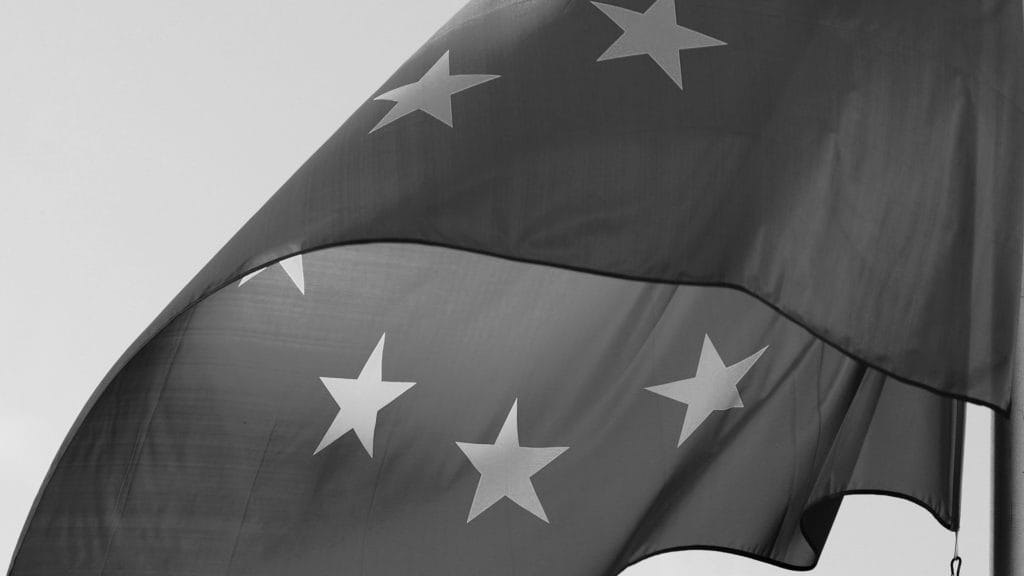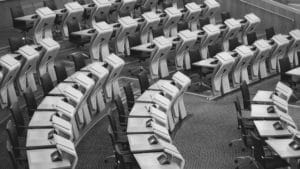Henry Anderson looks at some of the major Brexit developments over the last week.

Neverendums: At SNP conference last week, the party leapfrogged Labour’s faltering steps towards backing a second vote on the EU. Nicola Sturgeon offered cautious support for another vote but with the caveat that a differential vote in Scotland could still be ignored. There was little new in Michael Russell’s speech, though he did clarify that SNP MPs would not be shanghaied into voting for a bad or “blind” deal by the threat of no deal. This Monday also saw a speech from Nicola Sturgeon, setting out the Scottish Government’s “alternative” approach to Brexit, which was largely a restatement of existing policy – membership of the customs union and single market, with a possible extension of the Article 50 process.
No Backing Down: Theresa May has spent the week under increasing pressure from her own party and the DUP over the Northern Irish backstop proposal. Critics say the EU’s proposal would separate Northern Ireland from Great Britain by placing a customs border in the Irish sea – and this weekend saw Ruth Davidson and David Mundell threaten their resignation over such an outcome – while Conservative Brexiteers are implacably opposed to the UK as a whole staying in the customs union. The backstop, a solution to avoid a hard border on the island of Ireland that will only come into effect if the two sides cannot agree on a future relationship by the end of the transition period, has thus far proved insurmountable. In a statement to the Commons, Theresa May said she wanted a “UK-wide customs solution”. She provided no further clarity when she claimed the current disagreement is over a “backstop to a backstop”, but added, perhaps optimistically, that a deal was still possible.
Fishing for Support: The UK Government released another tranche of no deal Brexit papers last week, covering topics from food labelling to accounting and audit services. Consumers, cross-border rail passengers and fishermen were among the groups covered in this latest release. Fishermen would have “no automatic access” for UK vessels to fish in EU waters, while they would be unable to land their catches in EU ports. The Scottish Government claimed the arrangements would hit rural Scotland hardest through “potentially higher electricity prices, difficulties recruiting front line staff for the NHS and other key sectors and damaging disruption to exports”.



